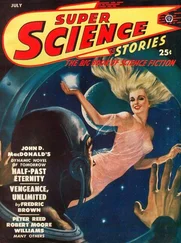John D. MacDonald
A Flash of Green
For Sam Prentiss
Jim Neville
Tom Dickinson
And all others opposed to the uglification of America
When she heard the rattle of the old tin wheelbarrow, Kat Hubble knew it was after four. On Tuesdays, after he had finished up at the Lessers’, and on Fridays, when he was through at the Cable home, Barnett Mayberry would do one extra hour of yard work at her house before getting into his stuttering old car and driving back home to Pigeon Town, the Negro community on the far side of Palm City.
Before Van had been killed, Barnett had come one full day a week, and though now it added up to only one quarter of the time, he seemed to keep the place looking as neat as ever, though of course she had begun no new landscape projects in this past year, and she did more of the work herself.
The arrangement with Barnett had just seemed to happen. Beginning the week after the funeral, he had stopped by to take care of things which obviously needed attention, such as clipping the side hedge of Australian pine, and she had given him a dollar for each after-work hour. In some mysterious way it had become a routine. It so exactly fitted her diminished purse and her needs that she could not help suspecting it was not entirely satisfactory to Barnett, that he had entrapped himself through some murky idea of loyalty and pride in past projects. Yet when she had at last taxed him with it, he had looked rigidly beyond her and shuffled his feet and said, “I got a place for them dollahs, Miz Hubble. It working out good for me.”
She had always felt slightly indignant that Van should be able to get along so effortlessly with Barnett and the other Negroes who had worked for them from time to time. But, as he had reminded her, there was quite an environmental gap between a girlhood in Plattsburg, New York, and a boyhood in Orlando, Florida.
She would hear Van out in the yard, laughing with Barnett, and once when he came in she said, “Hee-hee-hee. Yuk, yuk, yuk. I’ll bet he doesn’t laugh that way when he’s with his own people.”
Van had stared at her in honest surprise. “Of course he doesn’t, cutie. And he doesn’t talk the same way either. He uncle-toms me a little, but without losing his dignity, and I pull the mahster a little on him, but not too much. It’s a protocol thing, Kat, and it makes us both feel at ease because we both know so very damn well the limits of the relationship in which we have to operate. He’s just as respected a citizen in his neighborhood as I am in mine. If I try to push him beyond the limits he sets, he’ll just get slower and stupider until I leave him alone. And if he tries to take advantage of me, he expects to get chewed.”
“But when I go out to tell him what I’d like him to do, he stares into space and acts terrified.”
“He probably is. He knows you don’t know the rules. He knows you’re a Wellesley liberal. You might ask him what he thinks of Faubus. And the next time you listen to us have an attack of the jollies, dear heart, you might note that I probably laugh differently and speak differently than when I’m with my own people. He’s probably as wary with Burt Lesser as he is with you, and as comfortable with Martin Cable as he is with me.”
Since Van’s death, Barnett had given her the curious impression he had been trying to put her at ease. He would make some empty remark and then laugh. Five years ago she had bought a little rubber tree in a pot for twenty-five cents. Now it was nearly twenty feet tall and continually covered with the upright bloody spears of new leaf growth. “Heee!” Barnett would say. “Little ol’ two-bits tree.” That was their signal for the vague social laughter. But once it had brought too clear a memory of Vance, and one laugh had become a sob and she had fled into the house.
When she heard the sound of the wheelbarrow, she left the letter she was writing her sister and went out into the side yard. The lower Gulf Coast, from Tampa to the Keys, was enfolded in an airless July heat which was so merciless it had little flavor of tropic languor. Instead, it seemed to have a humming intensity, an expectancy, as though any moment the Gulf and the bays would be brought to the boiling point and all the roofs would break into flame. Each afternoon the thunderheads made their lazy, ominous, atomic symbols out over the Gulf. Sometimes there would be a riffle of rain-wet air turning the leaves, but all the storms moved ashore across other counties.
Barnett had trundled the wheelbarrow over to the pile of cuttings under the punk trees. She saw that he was wearing one of Van’s discarded shirts, a pale-blue Orlon knit that she had always liked on Van until the sun of Saturday golf had faded it unevenly and he had given it to Barnett. She tested the familiarity of that shirt upon herself, like touching and retouching something which might be a little too hot to hold and then finding, with a certain pride, that you can hold it after all.
Barnett Mayberry was of an unusual muddy saffron hue, and his features seemed more Asiatic than Negroid. When Van had been annoyed with him, he would call him, never to his face, “That damned Manchurian.”
“Fixin’ to tote thisheer bresh over to burn, Miz Hubble.”
“That’s fine, Barnett. I wanted to ask you about this thing that’s growing up into the live oak.”
He followed her across the yard. “I seen him,” Barnett said. “This here a strangle vine.”
“It’s growing awfully fast. Should it come out?”
“Fixin’ to take him out. I’ll cut him off low now, and next week he lets go enough up there, I pull him down easy. Take a long long time to kill that tree, we let it go. By the time it die, all you can see is the strangle vine aholt all over it.”
A car turned into her drive and stopped. It was an old blue Plymouth station wagon. She felt a quick pleasure as she recognized it as Jimmy Wing’s car and saw him clambering languidly out from behind the wheel, grinning at her, lifting his arm in a lazy greeting. He came across the yard toward them, loose-jointed, a sandy man in his middle thirties, a man with a long narrow head, a thrusting, fleshy nose, a face more deeply lined than his years warranted. His hair, brows, lashes and his light-blue eyes were not as dark as the slightly yellowed tan of his face. He had a crooked mouth and an ugly crooked grin — both sweet and wry in an attractive simultaneity. He wore a white short-sleeved sport shirt and light-gray slacks. He had the unconscious knack of giving the most ordinary clothes a look of elegance. She had decided it was partly because of the lazy grace of the way he moved, partly because of his spare bony frame, partly because he was so consistently immaculate.
Whenever he recalled how she had disliked him before Van had been killed, she was astonished at how blind she had been. Jimmy had been the only one of Van’s close friends she had actively disliked.
“If it’s any help to you, it’s worse in town, Kat. How you, Barnett?”
Barnett’s grin was broad, his voice emphatic. “Fine, Mist’ Wing. Just fine.”
“You get those pictures?”
“I sure thank you, Mist’ Wing.”
“She get in up there to Tuskegee?”
“They said for her to come.”
“That’s one fine girl, Barnett.”
“What’s this all about?” Kat asked.
She found herself walking toward the house with Jimmy and knew he had effortlessly avoided explaining in front of Barnett. And she knew she had once again violated some obscure clause of the protocol.
“His daughter was valedictorian at their high school last month. Sandra Nan. Not much for looks, but hellish bright and energetic. Barlow got a good picture of her, so I had the darkroom make up three glossies and send them to the family.”
Читать дальше
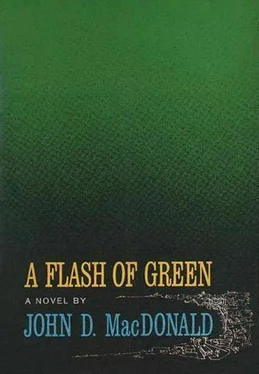
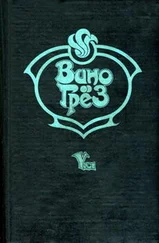
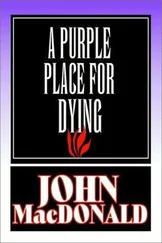
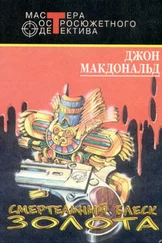
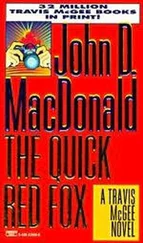
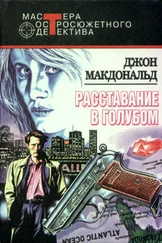
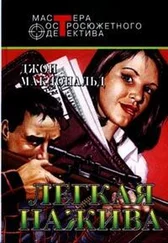
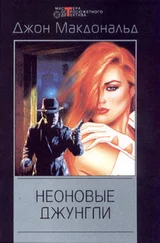
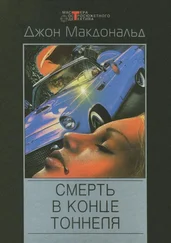
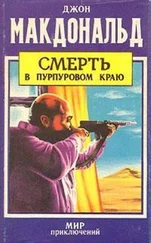
![Джон Макдональд - Wine of the Dreamers [= Planet of the Dreamers]](/books/430039/dzhon-makdonald-wine-of-the-dreamers-planet-of-thumb.webp)

